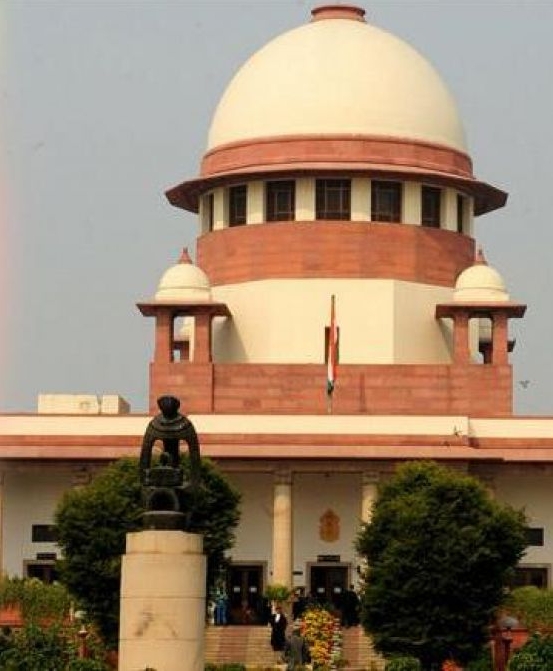Insurance companies will have to pay motor accident compensation at all costs: Supreme Court

◾Supreme Court’s decision in the case of 2012
◾Fixed arrangements for insurance companies and insurance holders
A two-judge bench of the Supreme Court, in its judgment, said that those who did not have any income at the time of death, their legal heirs would also be entitled to future prospects by adding to the increase in income. A bench of Justice MR Shah and Justice Sanjiv Khanna said that it is not expected that if the deceased was not in any service or is not likely to have a regular income or whether his income will remain stable or not.
In this case that came before the Supreme Court, a 21-year-old student studying in the third year of BE (Engineering) died in an accident on 12 September 2012, he was the claimant’s son. The High Court has reduced the amount of compensation paid by the Motor Accident Claims Tribunal from Rs 12,85,000 to Rs 6,10,000. The income of the deceased was assessed at Rs 5,000 per month instead of Rs 15,000 per month given by the tribunal.
It was said in the appeal that laborers / skilled laborers were also getting five rupees per month under the Minimum Wages Act in 2012. The court said, “In view of the educational qualification and family background and as seen above, the deceased was studying in the third year of civil engineering, we are of the opinion that the income of the deceased should be at least Rs 10,000 per month.” Especially considering that in the year 2012, even under the Minimum Wages Act, laborers / skilled laborers were getting five thousand rupees per month.
The court rejected the Union of India’s argument
The Court rejected the contention raised by the Union of India that the deceased was not in a job and that nothing else has to be added for future income potential / increase in future income at the time of the accident. Referring to National Insurance Company Ltd. Vs Pranay Sethi et al., the Court said, “We see no reason why the said principle cannot be applied to a salaried person or a certain salaried deceased, who was not rendering service to the deceased or had no income at the time of the accident.
In case of a deceased, who was not earning at the time of accident, his income is to be determined on the basis of presumption having regard to the circumstances. Once such amount is arrived, he will be entitled to additional amount on increase in future income. There can be no dispute that an increase in the cost of living will affect such a person as well.
The court observed in Pranay Sethi’s case, while computing compensation, the future prospects have to be taken into account in the determination of income, so that it comes within the ambit of law and compensation.
In the case of a deceased who had held a permanent job with in-built grant of annual increment. The one who was working on a fixed salary would only get the benefit of future prospects and legal representatives. The deceased was studying, hence may not be entitled to the benefit of future prospects for the purpose of compensation.
The court also rejected the argument raised by the Union of India that in the proceedings the claimants accepted the amount due under the disputed judgment and order. This is accepted as complete and final settlement. After that the claimants should not have given priority to the appeal while demanding enhancement of compensation. The court held that the claimant would be entitled to a total of Rs 15,82,000 along with interest at the rate of seven per cent from the date of the petition till the date of recovery.




